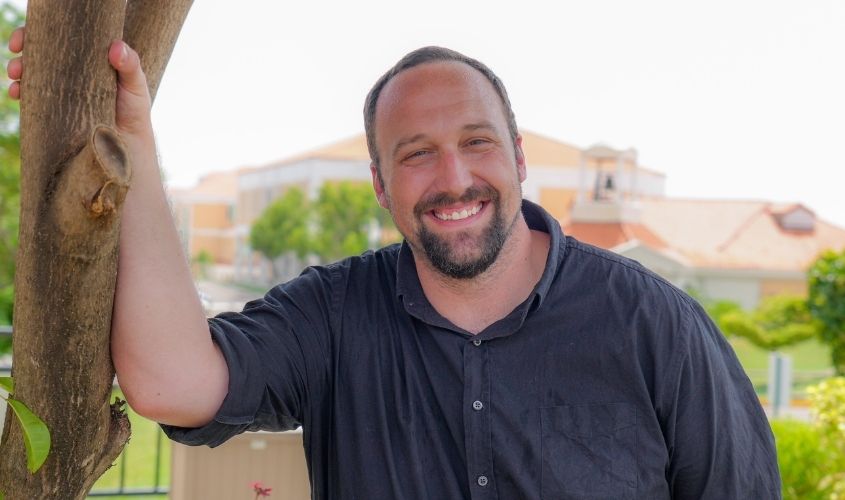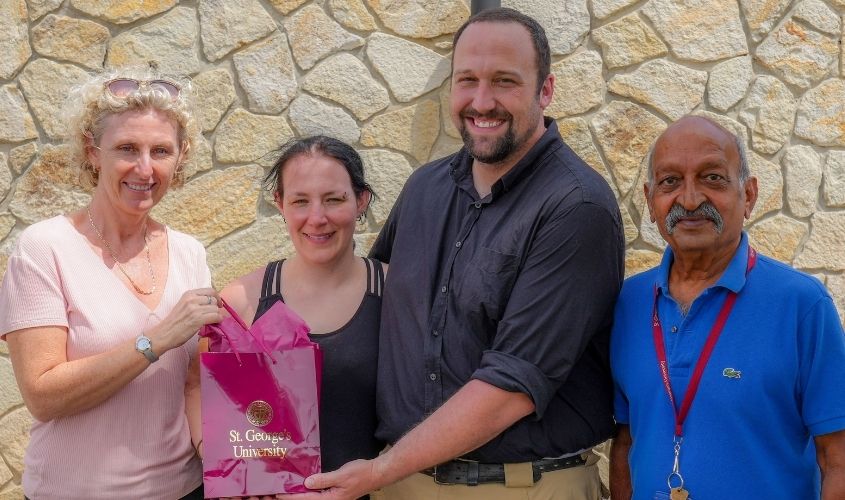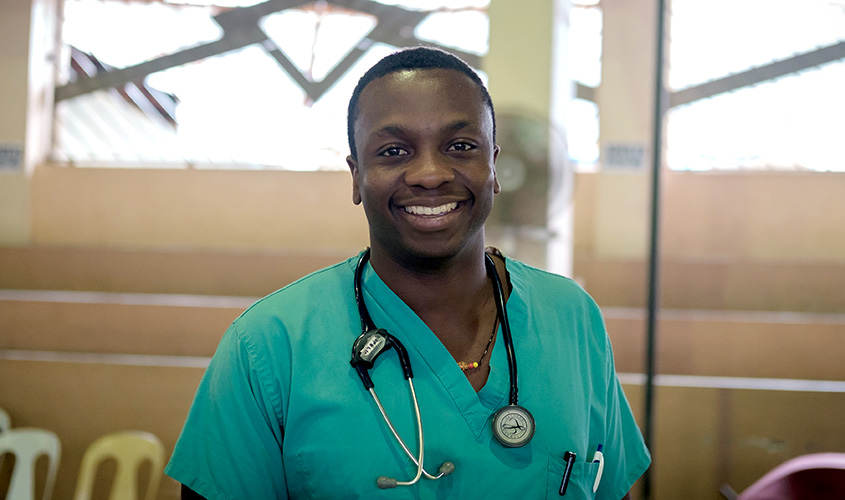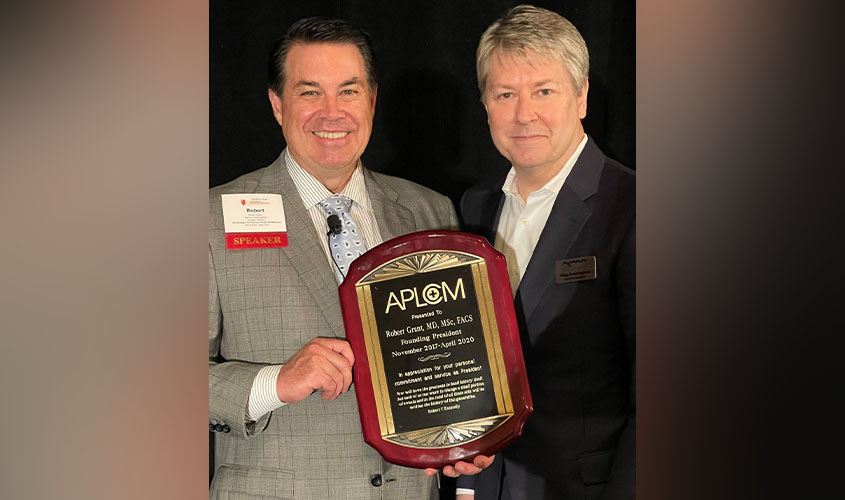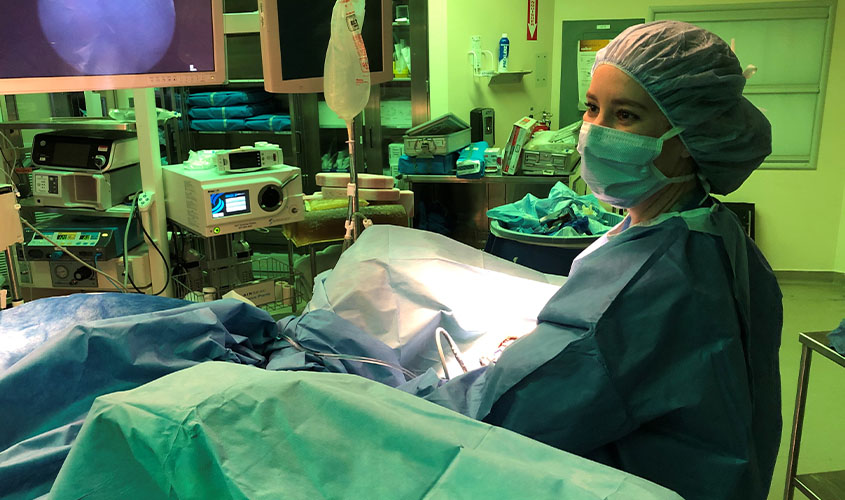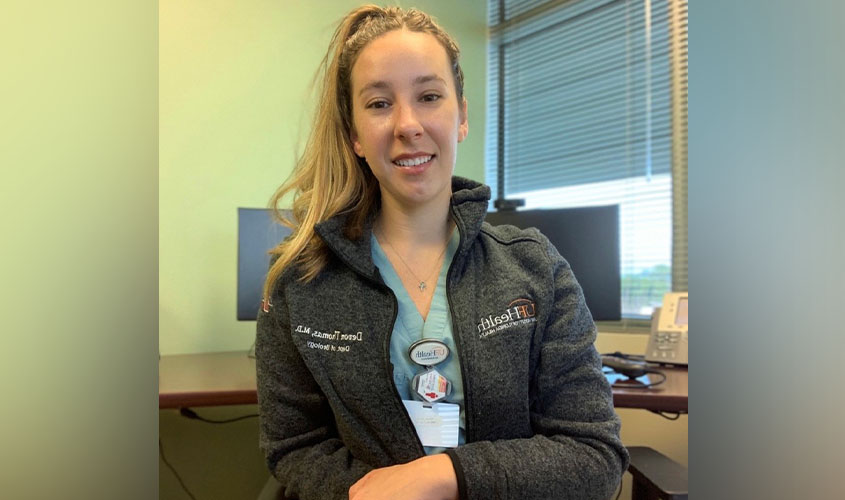Reflecting on 2021: 5 stories that illuminated the School of Medicine community
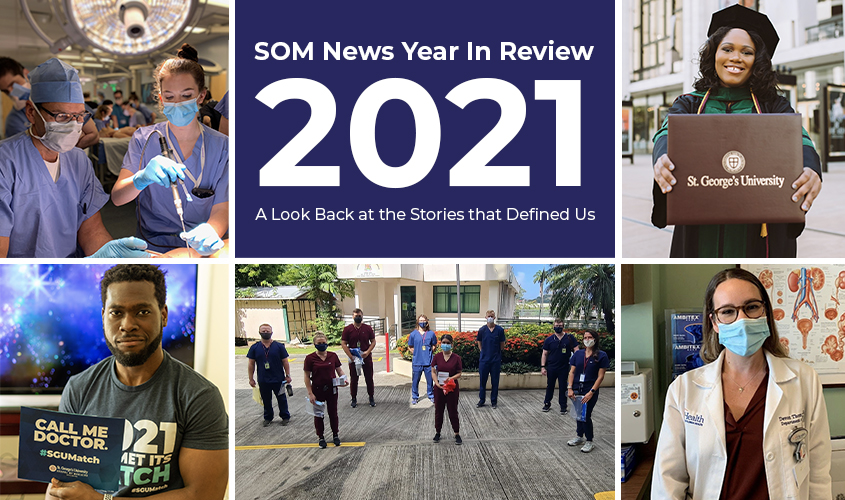
From students matching into highly competitive residency positions to alumni, students, staff, and faculty mobilizing to help Grenada combat the COVID-19 pandemic, the St. George’s University School of Medicine community made an enduring mark in 2021.
In a year full of significant news, these stories made our top highlights:
- Commencement 2021: SGU conferred Doctor of Medicine degrees to graduates from 47 US states and territories, as well as 35 other countries around the world during a virtual ceremony held in June. The SOM’s newest alumni forged ahead despite hurdles and wrinkles caused by the COVID-19 pandemic, emerging on the other side with a bright future in front of them.
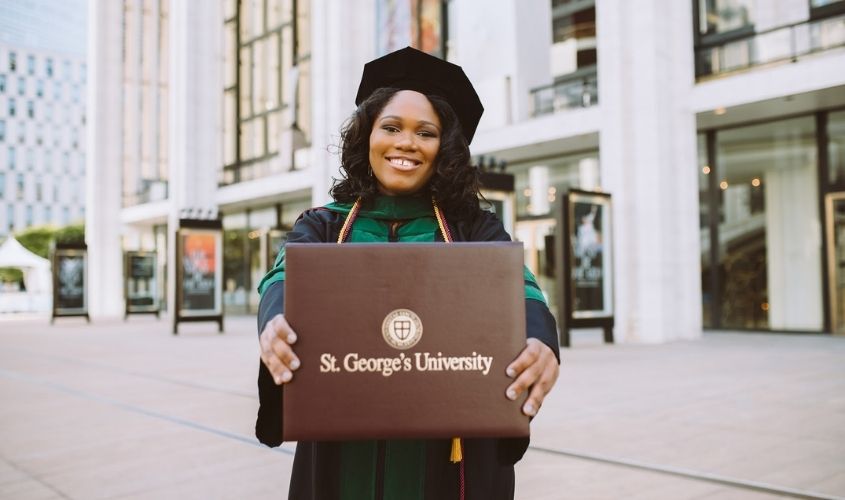
Read: 2021 MD class overcomes obstacles on way to residency - Match Day: On Match Day 2021, SGU students and alumni learned of where they’ll finish their training as doctors, joining a vast network of alumni working to improve healthcare worldwide. All told, 1,090 students secured residency positions in 21 specialties that include neurology, pediatrics, emergency medicine, and more.
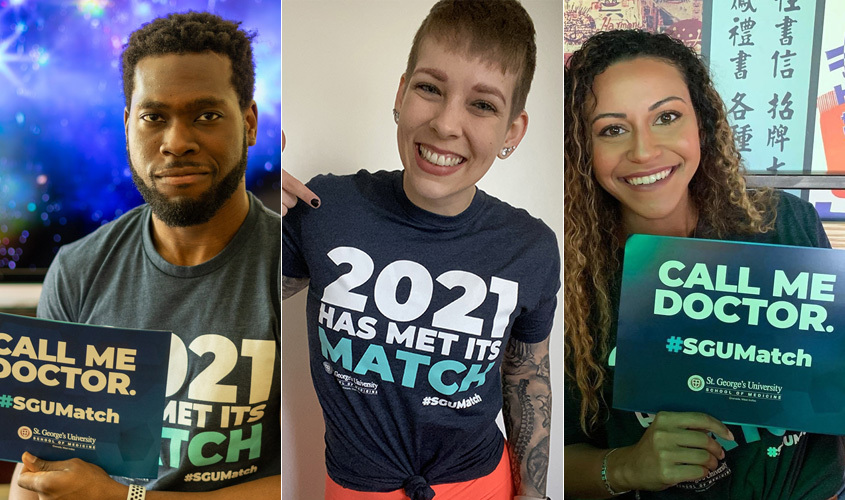
Read: Dreams realized—Future physicians secure residencies on Match Day 2021 - Mobilizing to fight COVID: The increase in COVID-19 cases in Grenada brought together School of Medicine students, faculty, and alumni (along with crucial collaboration with School of Arts and Sciences nursing students and faculty) to help their beloved host country and its communities.Students volunteered at mobile testing and vaccination clinics organized by Grenada’s Ministry of Health (MOH) across the island. SGU alumni were also inspired to put their best foot forward by volunteering their medical services, helping to procure supplies, and contributing more than $80,000 through the Grenada Medical Assistance GoFundMe page.
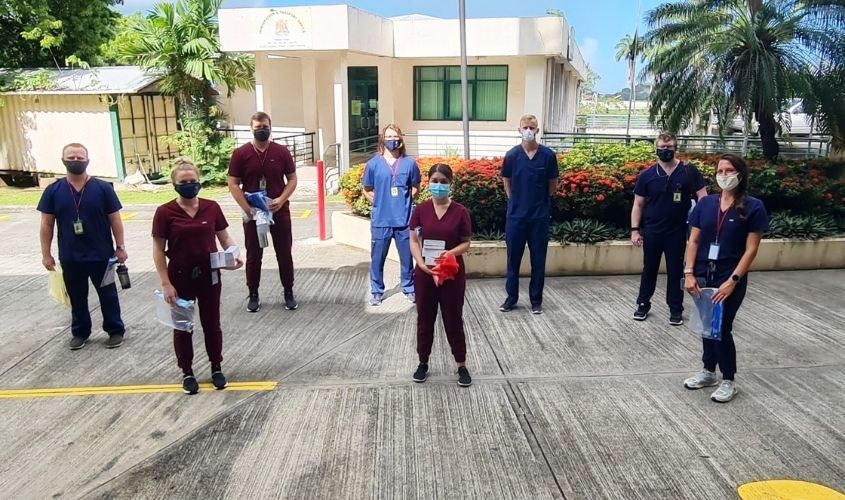 Read: SOM students mobilize to assist with COVID crisis in GrenadaRead: SGU alumni rally around Grenada amid COVID pandemic
Read: SOM students mobilize to assist with COVID crisis in GrenadaRead: SGU alumni rally around Grenada amid COVID pandemic - How to become intern of the year: Devon Thomas, MD ’20, a second-year urology resident at University of Florida College of Medicine—Jacksonville, shared what it’s like to be a resident, what’s most exciting about the specialty for her, and the essential advice she has for aspiring physicians.
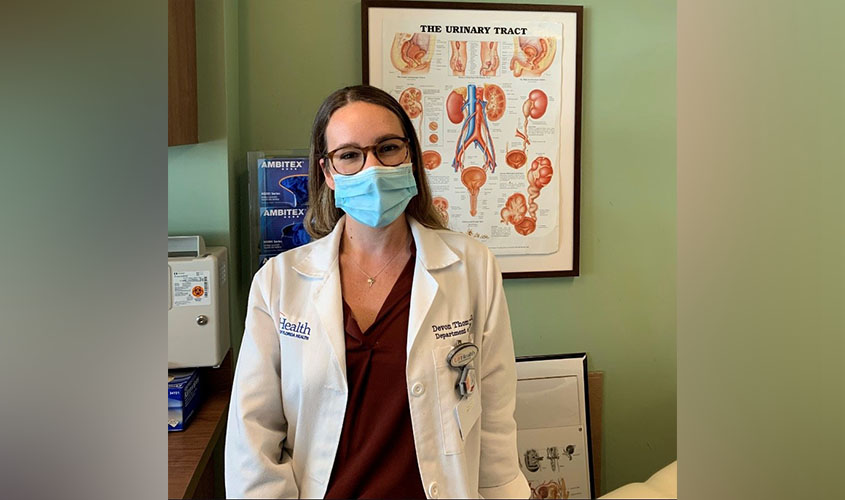
Read: Intern of the year’s advice for future physicians: “don’t give up and don’t take no for an answer” - Alum sets course for first ever successful face and double hand transplant: Learn how meticulous research and planning from Zoe Berman, MD ’17, and her fellowship colleagues at NYU Langone Health, helped change medicine.
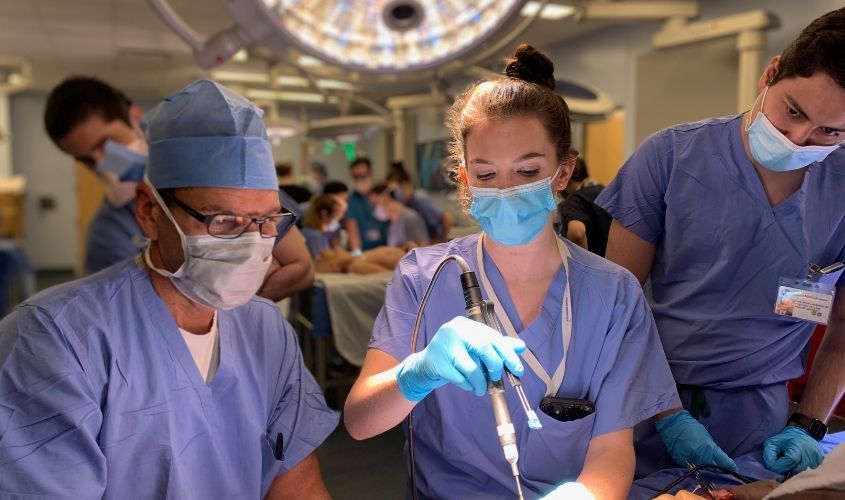
Read: Grad reflects on role in world’s first successful face and double hand transplant
These and other stories defined the School of Medicine in 2021, underscoring the University’s aim to provide a rewarding education for students who aspire to become impactful health professionals around the world.
To read more SOM news stories of 2021, visit the SGU website.
– Laurie Chartorynsky
Related Reading
- Forbes: More med school candidates turning to the Caribbean
- Residency success 101: How to ace your application, interview, and first day on the job
- Infectious disease doctor sees similarities between COVID, HIV pandemics
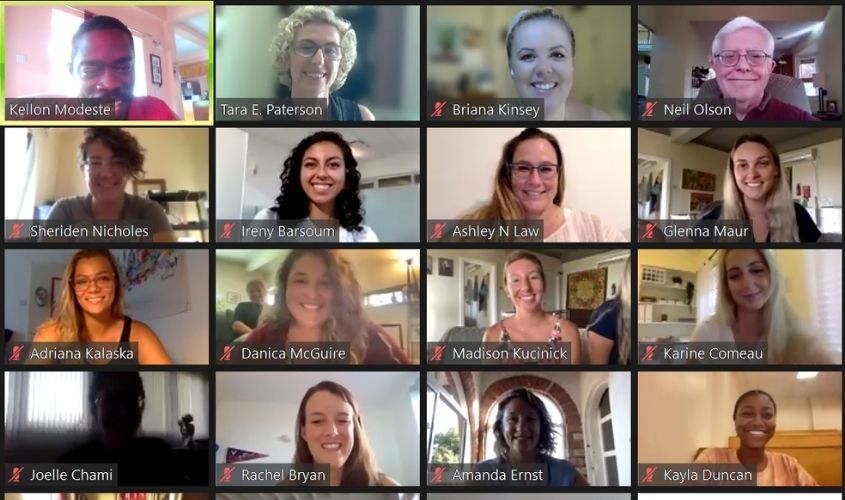
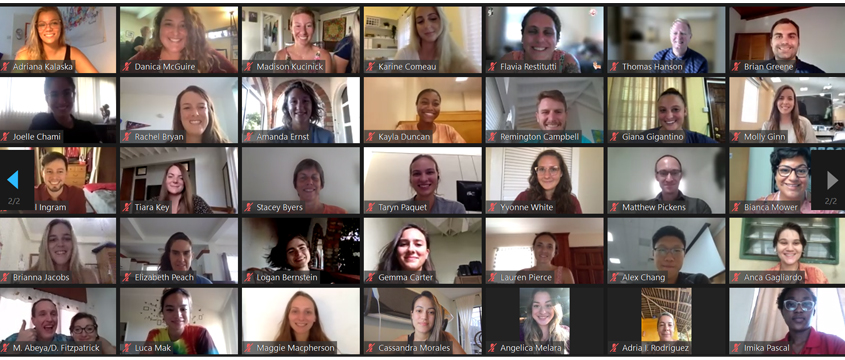
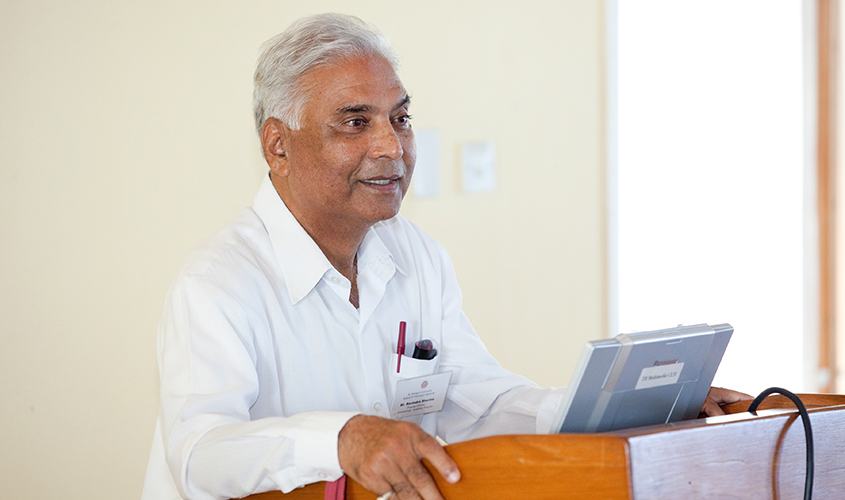
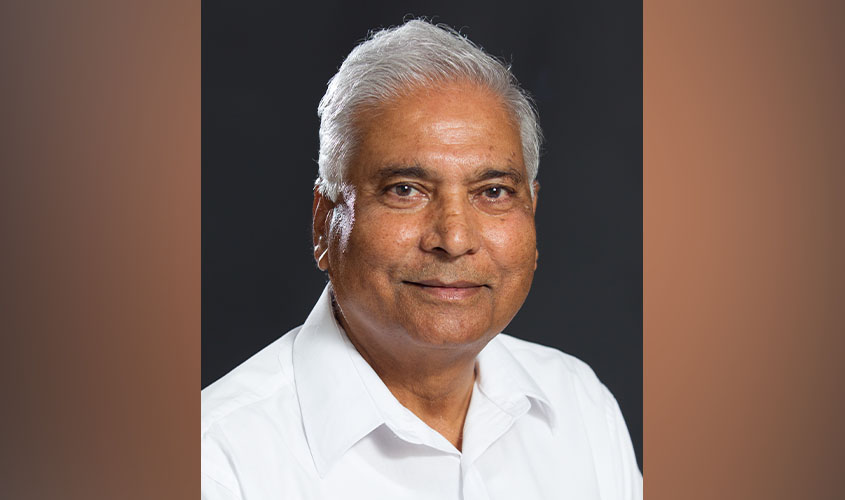
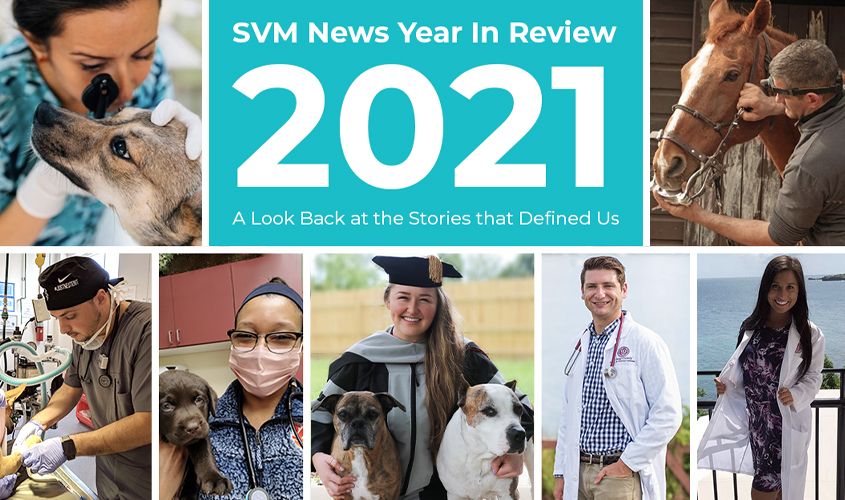
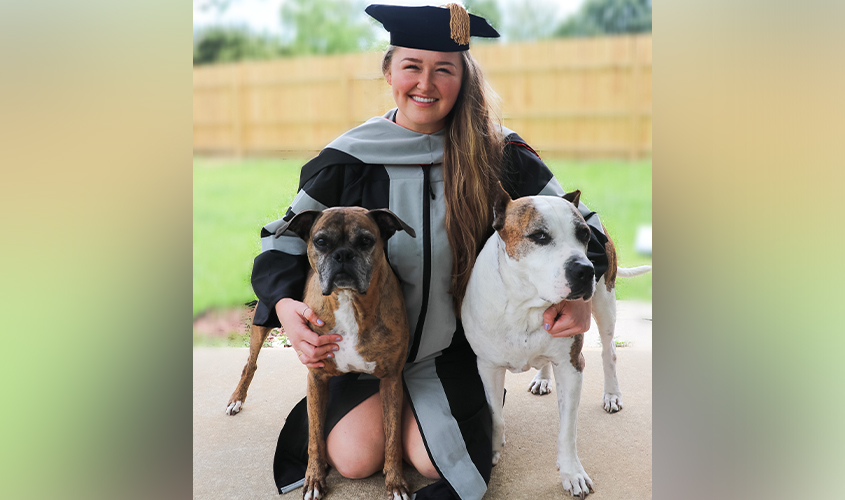
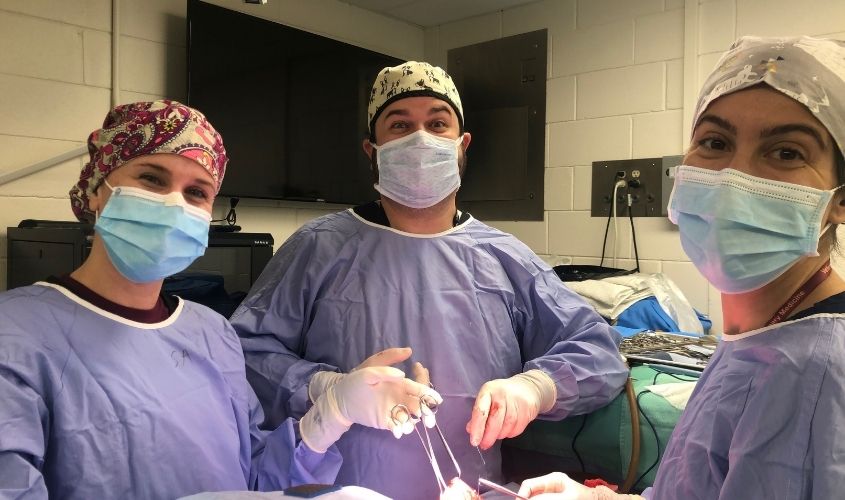
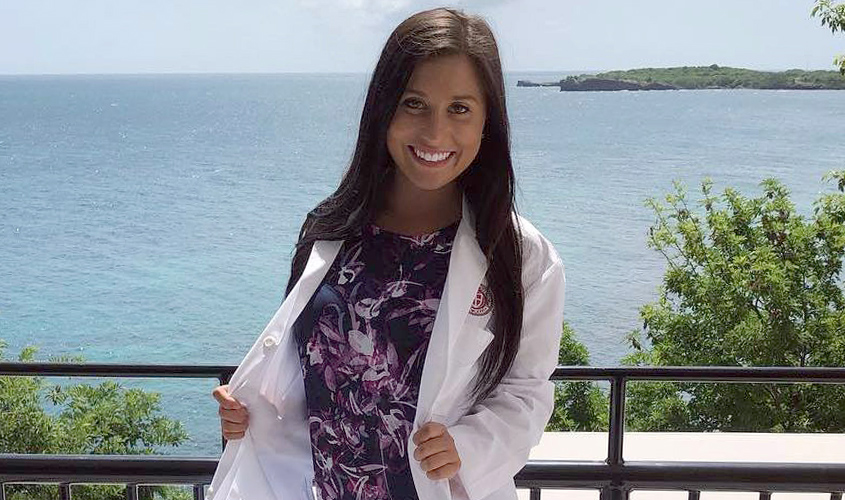
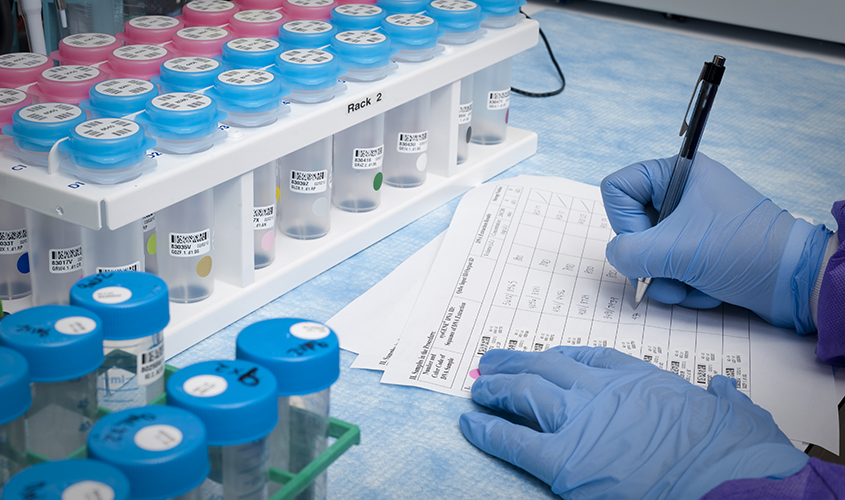

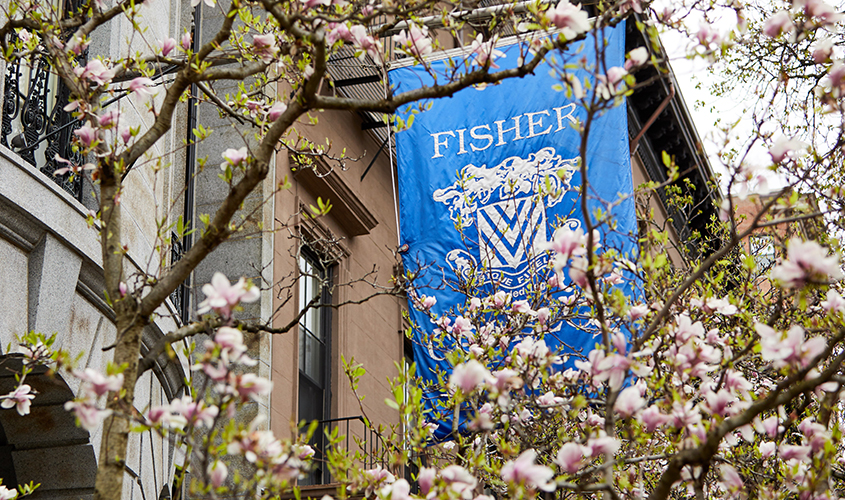 St. George’s University has announced a new direct admission partnership with Fisher College in Boston. The partnership establishes three pipelines for qualified Fisher College graduates to gain immediate entry to SGU’s Schools of
St. George’s University has announced a new direct admission partnership with Fisher College in Boston. The partnership establishes three pipelines for qualified Fisher College graduates to gain immediate entry to SGU’s Schools of 

